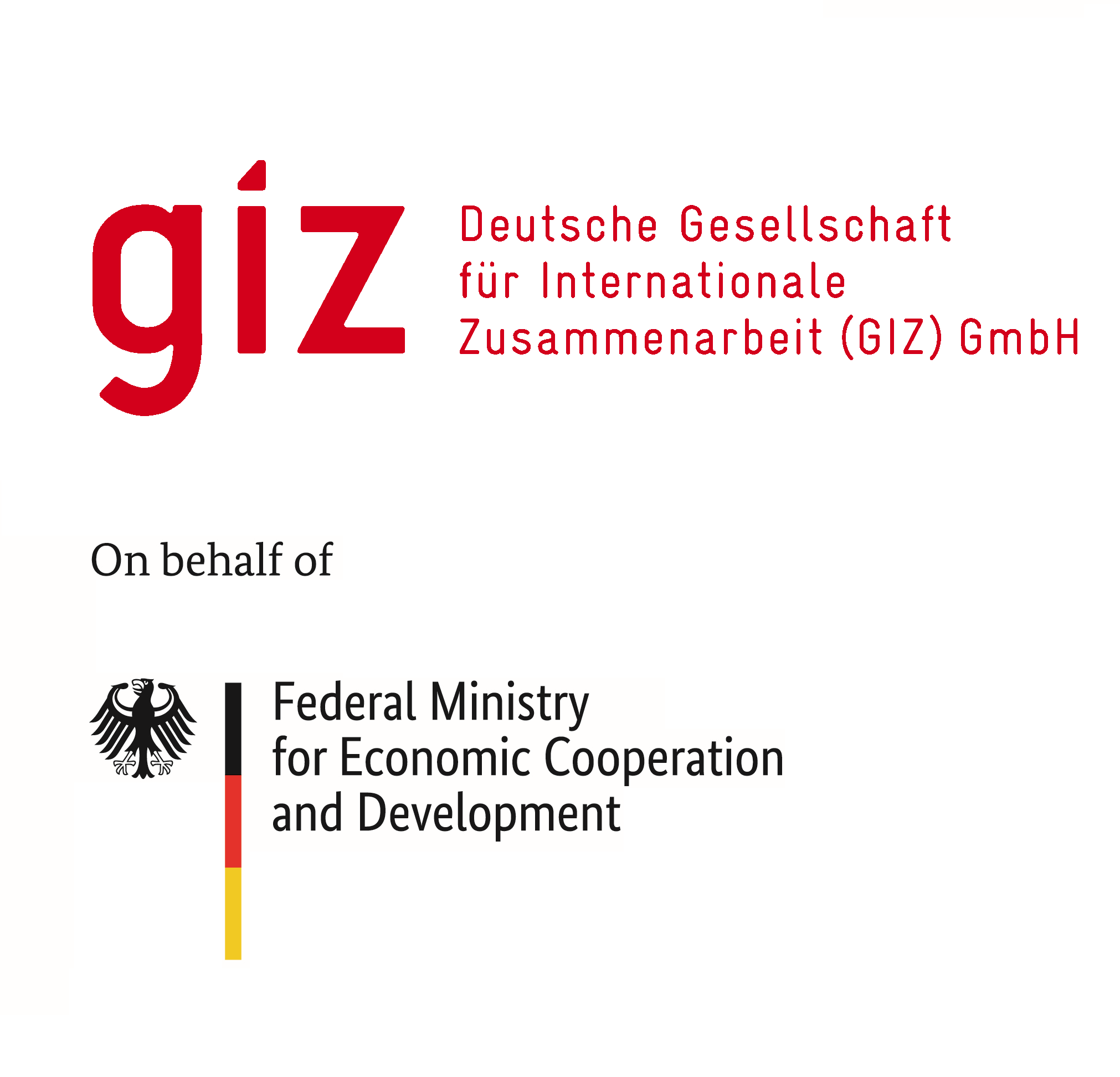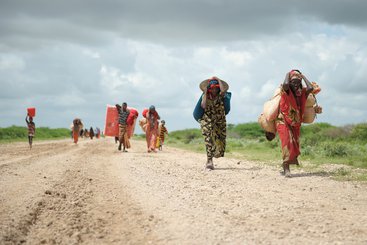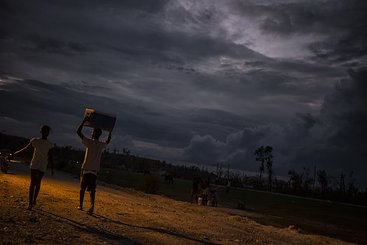Development, humanitarian and peacebuilding programmes are often limited in their abilities to consider the interacting drivers of vulnerability and systemic risks which they face. Orthodox approaches tend to focus on individual hazards specific to certain populations, time horizons and geographic scales. Such limitations may inadvertently amplify vulnerabilities and risks in other sectoral and geographical areas, undermining the effectiveness of external assistance programmes.
In this brief, ODI authors argue that these sectors need to face up to complexity. A systemic risk management approach is required to improve programmes in complex settings and to anticipate trends, challenges and emerging risks for different geographic and time horizons.
This brief presents a set of tenets for operationalising systemic risk management. If successful, such approaches could help to prevent replication as well as to enhance awareness of trade-offs and the risks of maladaptation.
With the UN Framework Convention on Climate Change’s upcoming Conference of the Parties, COP28, expected to highlight the complexities of climate risks and impacts in fragile settings, getting these foundational understandings of risk right may also help to achieve multiple positive impacts across a diverse range of risks, leading to safer and more peaceful risk trajectories.
Partners
-
Deutsche Gesellschaft fuer Internationala Zusammenarbeit (GIZ) on behalf of Federal Ministry for Economic Cooperation and Development




